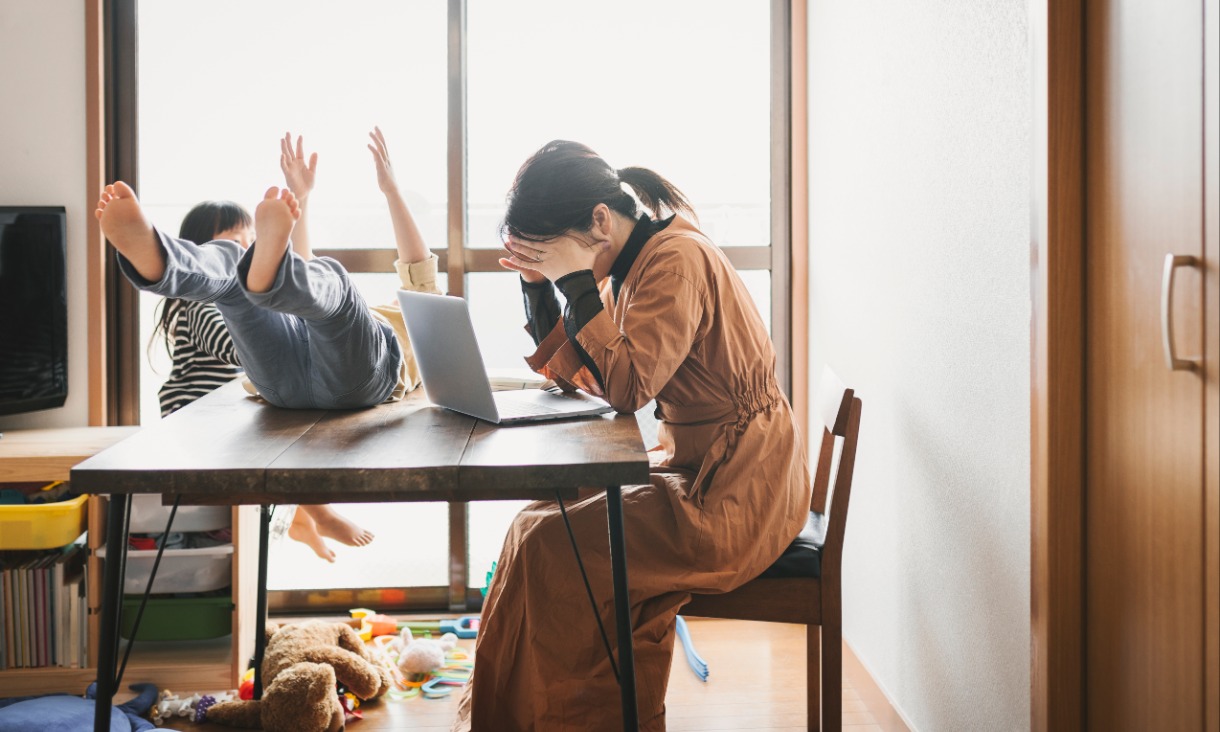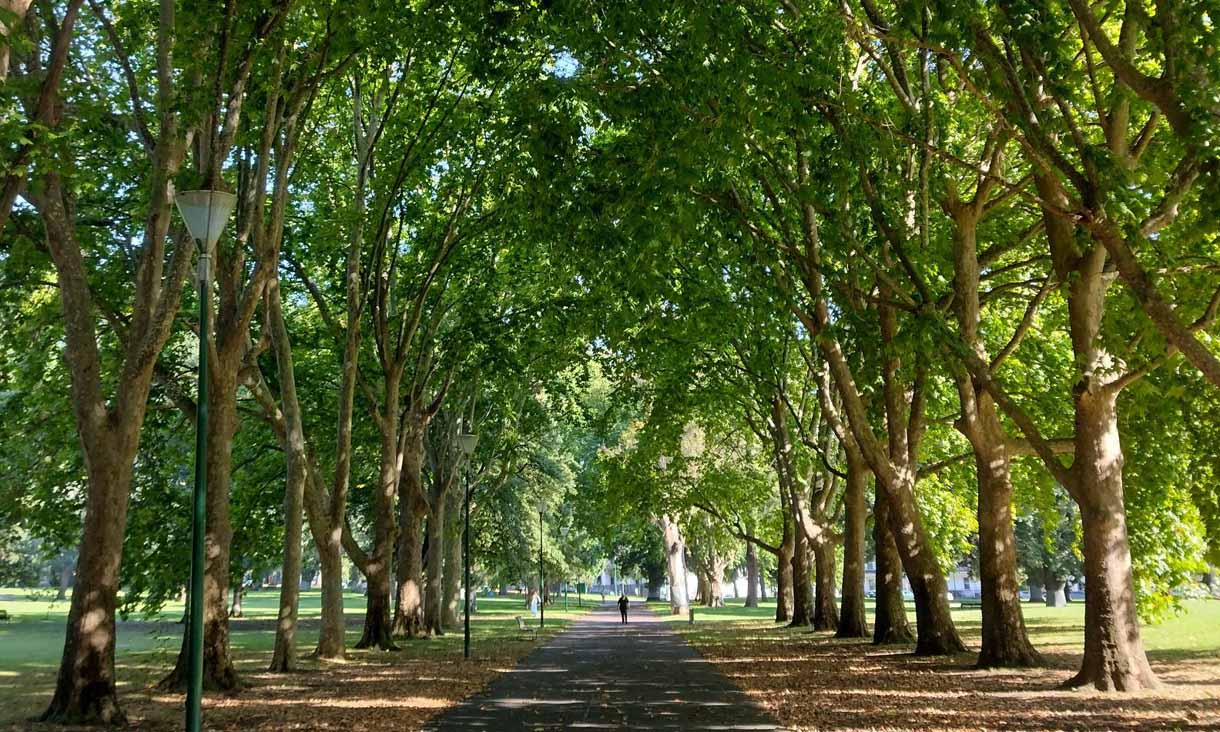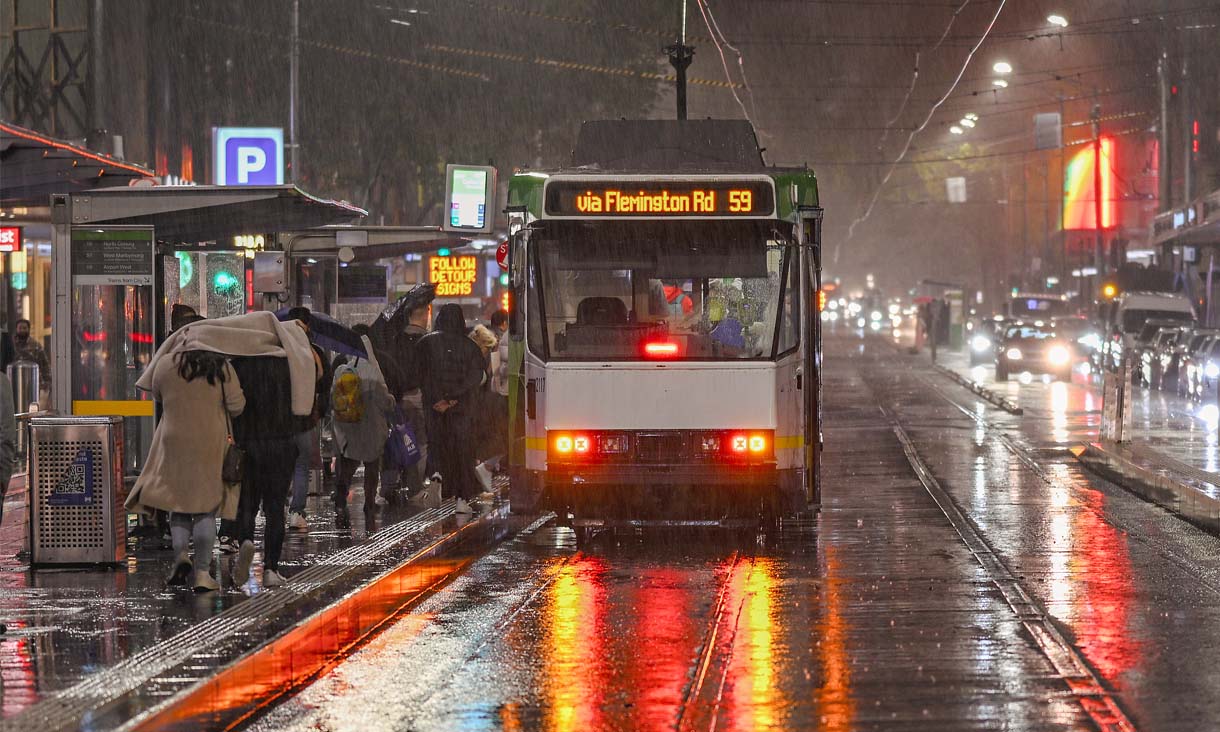Major Australian cities fail international tree canopy goals: study
New research measuring access to nature for eight major global cities, including central Melbourne and Sydney, found most have inadequate canopy cover despite access to an abundance of trees.
New report proposes using tax system to improve rental properties
A new report from RMIT University urban policy experts recommends using Australia’s tax system to force investors to improve conditions for private renters.
Hot cities: Collaborating for climate justice
As our cities heat up, we must urgently find ways to think and act differently to better address the impacts of climate change particularly for those most marginalised, according to RMIT urban futures expert Professor Wendy Steele.
Melbourne public transport services sit idle while apartment numbers boom
New research shows the number of apartments in Melbourne has almost doubled in the past two decades, while public transport services have barely increased at all.





